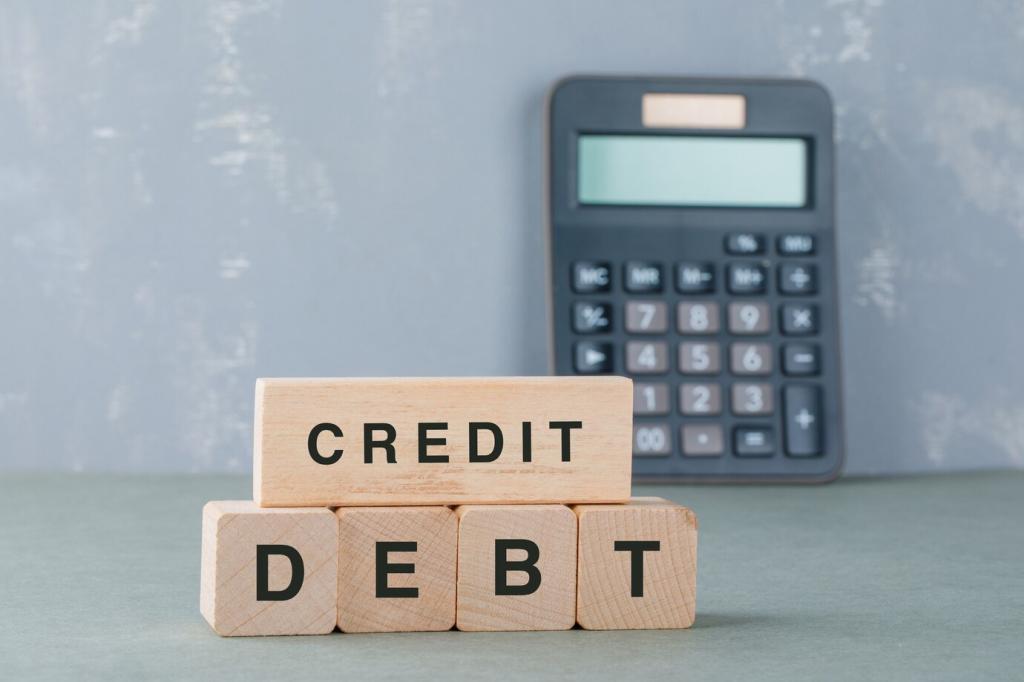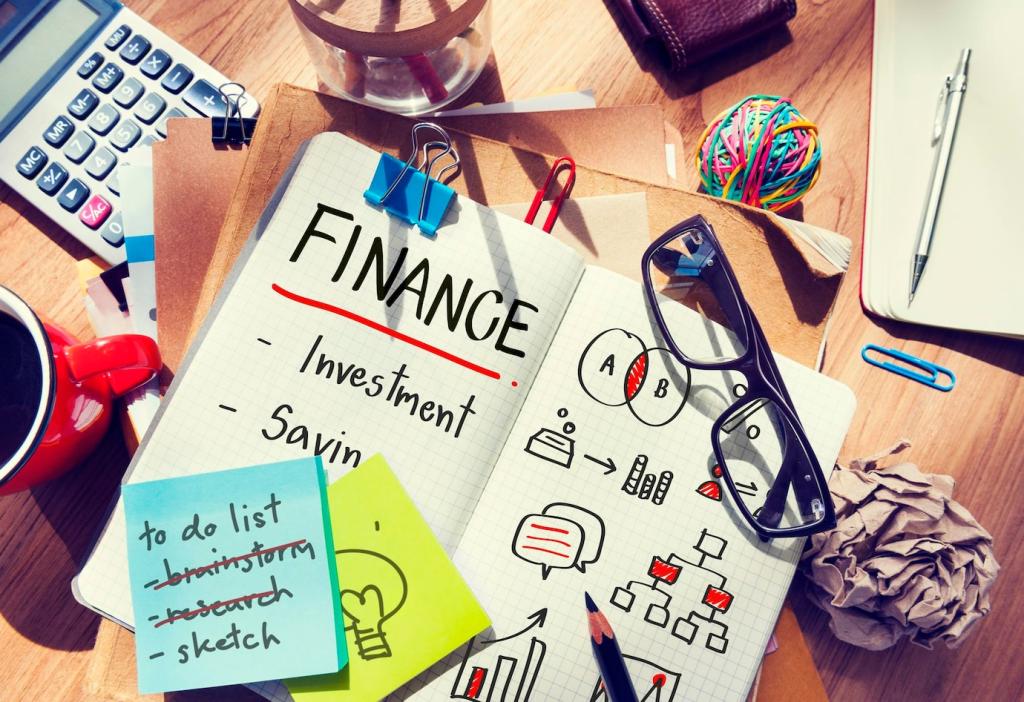Protect Your Credit While You Pay Down
Utilization is your balance divided by credit limit. Under thirty percent is good, under ten percent is stronger. Spread balances if necessary, but avoid opening new accounts just for limits. Focus on steady reductions and on time payments every month.
Protect Your Credit While You Pay Down
Issuers report balances around the statement closing date. Making an extra payment a few days before that date can lower reported utilization. Set a recurring reminder so your report shows progress even before the due date arrives.
Protect Your Credit While You Pay Down
Hard inquiries and new accounts can temporarily lower your score. Unless you are strategically consolidating or transferring, avoid new credit while paying down. Keep old accounts open if fee free to preserve length of history and overall available credit.







